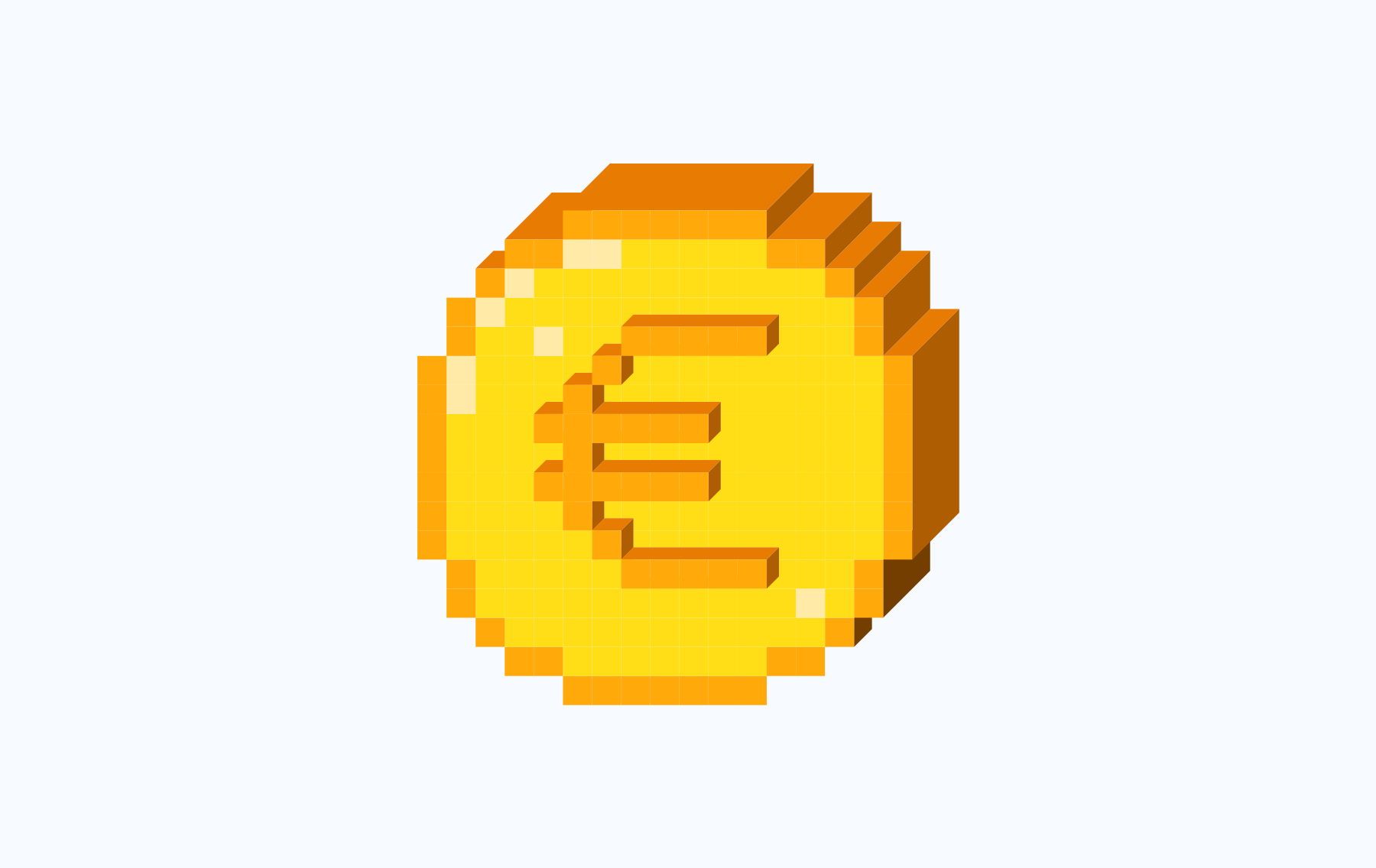The euro is the official currency of numerous European nations. It was founded in 1999 to make it easier for these countries to conduct business with one another. Although today there are 27 member nations that have adopted the euro as their national currency, the exact number has fluctuated throughout time and will certainly fluctuate again in the future. It’s also one of the most widely used forms of currency in the world, with more than 340 million individuals using it and around 20% of all global transactions taking place in the form of the euro. It is anticipated that more advancements will be made for the euro in order to keep up with this trend. Are you looking forward to it? Let’s see what surprises are in waiting for us.
Digitalization is on the Way!
When it comes to money, it’s becoming increasingly obvious that paper money is becoming outdated as the digital era of technology and the internet has steadily taken over every area of our life. In order to keep up with this growth, the EU intends to issue its own virtual money in the near future as well. In 2023, the European Union (EU) intends to propose the introduction of a digital euro bill. In history, this will be the first instance in which a country has replaced its physical money with an electronic one. The proposed digital euro will be managed by the EU and is set to have all benefits of blockchain technology.
The Benefits of a Digital Euro
The launch of the digital euro may not appear to be a significant event, but it has the potential to bring about a number of positive consequences. There might be several advantages to switching from paper money to a digital form of it. Let us have a look at them!
- The introduction of a digital euro might have a number of positive effects on the future of Europe. The first and most significant benefit is that it would remove physical cash from circulation, which would result in a reduction in crime and fraud as a result of enhanced transparency in transactional activities. In addition to making financial transactions in Europe more efficient and cost-effective, it would also increase their efficiency and effectiveness. In other words, there will be a rise in the degree of confidence between nations, which will result in less friction when they trade with each other. The removal of physical money from circulation and the consequent reduction in the expenses connected with producing banknotes and coins may make currency management easier in the long term.
- In addition, because there are no bank accounts or other susceptible places via which hackers might get access to an individual’s account, this sort of currency is more secure than existing computerized methods.
- This would also aid in the fight against money laundering and tax evasion because all transactions would be monitored by governmental authorities and could be traced back to their original source.



